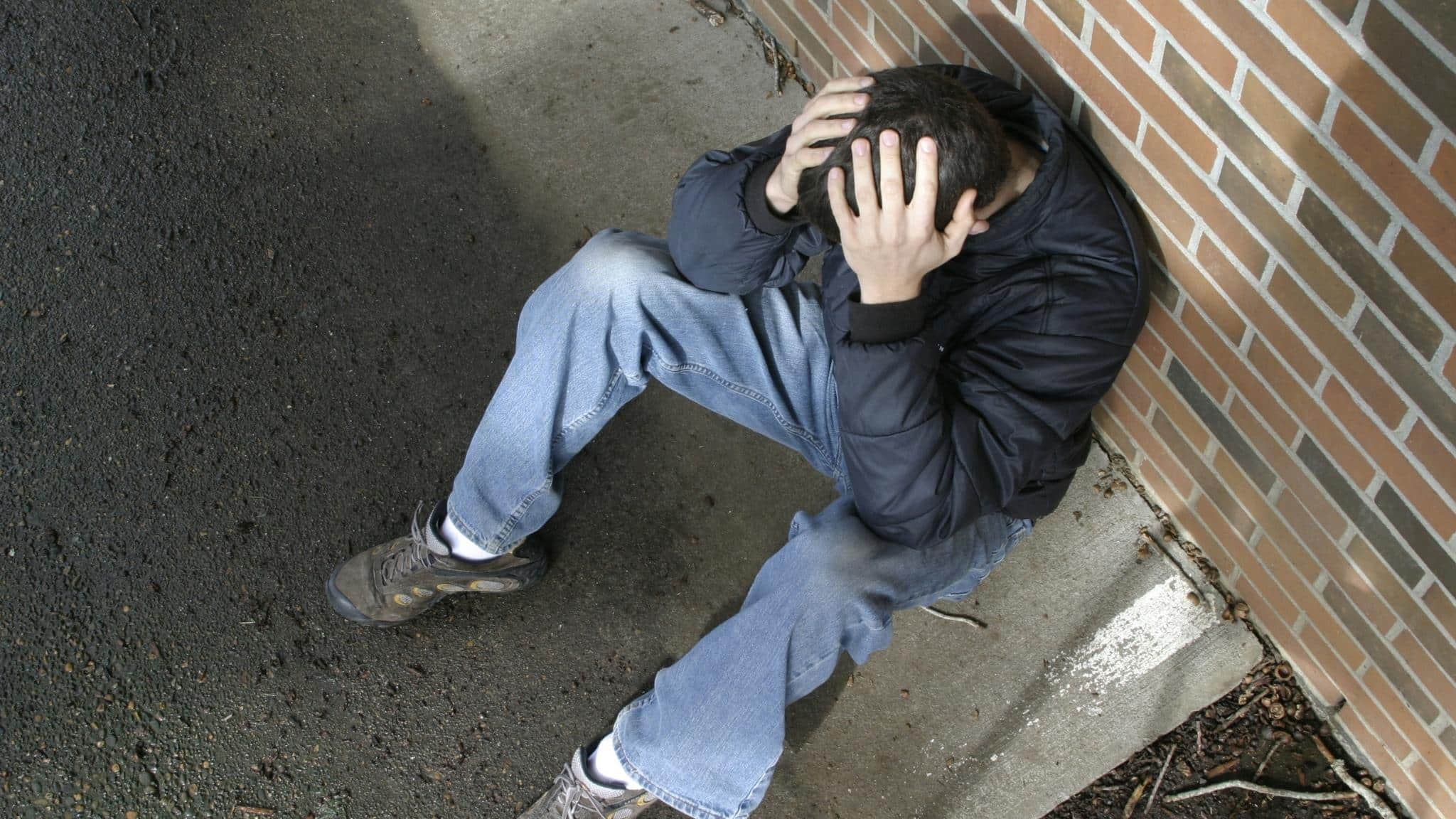When someone you love is incapable of stopping substance use on their own, a professional intervention led by an interventionist is often the most effective way of persuading them that they need help. In 2020, the statistics on substance abuse paint a bleak picture:
38.4 million people aged 12 or older with an addiction who did not receive treatment at a specialty facility, and 97.5 percent of them felt that they did not need treatment. (SAMHSA)
What is a Drug Abuse Intervention?
Interventions for alcohol and drug addiction involve convincing someone they need help for their alcohol or drug addiction. The goal of an intervention is to overcome the challenge of ‘denial’ that all addicts and alcoholics face. This approach is intended to motivate individuals to attend treatment.
Many interventions succeed, but many fail and can even cause more harm than good. People in intervention situations may rebel, use more drugs or alcohol, and make other self-destructive plans due to emotional histories with loved ones. Interventions should be conducted with the assistance of professionals.
How is an Intervention Completed?
When a family decides to intervene in their loved one’s addiction, it is expected that all family members, friends, and sometimes employers get together at once to talk with each other first with a professional. The next step is meeting with the loved one and everyone present. Most often, the participants will write a letter to be read by them aloud to the person they are there for.
The interventionist will then address the signs and symptoms of that person’s addiction and recommend programs that the individual will be interested in. Interventions are not guaranteed to work as they are a process that may take several tries. Ideally, an intervention should persuade the person to attend rehab without imposing ultimatums.
Interventions are often when families cut ties with the loved one if they refuse help; it is a 50/50 chance they will accept.
Who Can Perform An Addiction Intervention?
Professional substance abuse counselors, therapists, or licensed interventionists conduct interventions. It is essential to organize an intervention carefully. To be effective, an intervention must include layers of planning, beginning with educating family and friends about the disease.
An interventionist must also be familiar with the addicted person’s history and relationships with friends and family members. New Jersey Addiction Interventions specializes in interventions, and we provide counseling before, during, and after to all concerned parties.
What Do the Addiction Experts Say?
An uncomfortable and volatile intervention can worsen the person’s addiction without the assistance of an addiction specialist or interventionist, according to the Mayo Clinic.
An intervention is a carefully planned process that may be done by family and friends, in consultation with a doctor or professional such as a licensed alcohol and drug counselor or directed by a professional interventionist. A successful intervention must be planned carefully to work as intended. A poorly planned intervention can worsen the situation — your loved one may feel attacked and become isolated or more resistant to treatment. Consulting an addiction professional, such as a licensed alcohol and drug counselor, a social worker, a psychologist, a psychiatrist, or an interventionist, can help you organize an effective intervention. (Mayo Clinic)
When Should I Do an Intervention?
Unfortunately, turning up the pain by instilling tough love is often ineffective in helping someone end their addictions. It is a matter of choice and whether the individual is ‘done’ with their life as an addict. Still, people who are struggling with addictions and alcoholism are well aware that they need to stop but are afraid. Often alcohol or drug withdrawals can be the main reason someone won’t be willing to quit.
We recommend medically supervised detox as the first phase of treatment. A guarantee of medications to be administered is sometimes the key to getting a loved one treatment. We are available now to help you with the intervention needed for your loved one.
Medically Reviewed: October 24, 2022

All of the information on this page has been reviewed and verified by a certified addiction professional.

